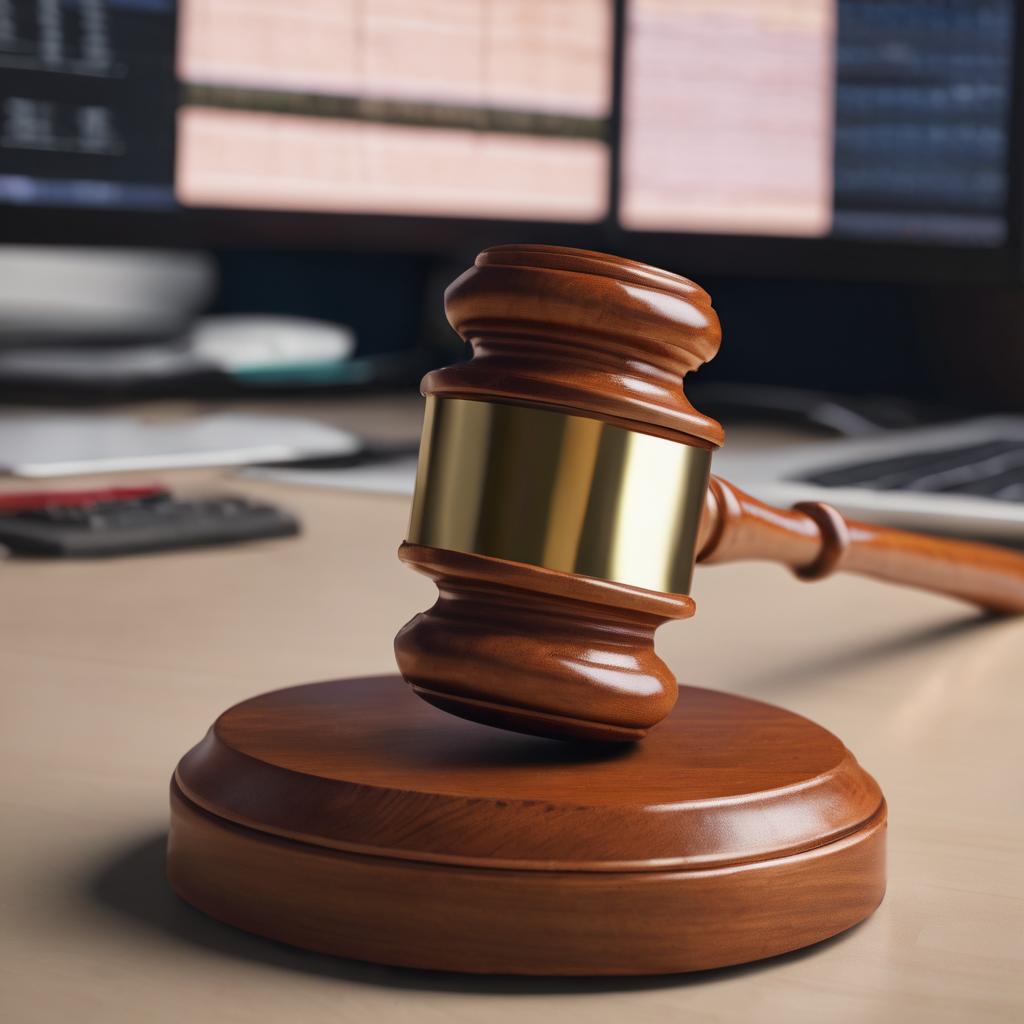TracFone FCC Subsidy Violation Settlement: See If You Are Eligible
Did you receive the TracFone FCC Subsidy Violation Settlement email? is not a scam.
TracFone Wireless will be paying a $23.5 million fine for breaking the rules set by the Federal Communications Commission (FCC). They copped to messing up on the Lifeline and Emergency Broadband Benefit programs.

Who Is Eligible For The TracFone FCC Subsidy Violation Settlement
TracFone got busted for having 79 agents out there in the field, raking in commissions based on how many folks they signed up. Turns out, that’s a big no-no according to FCC rules.
But wait, there’s more. These agents went the extra mile and used fake tax documents to sign people up for Lifeline and EBB. The result? TracFone had to cough up a whopping $22,654,154 for Lifeline from January 2019 to October 2021 and another $17,880,598 for the EBB funds.
How Much Is The Settlement
TracFone Wireless is paying out a $23.5 million as part of a deal to wrap up an FCC investigation. It’s all about them apparently breaking the rules tied to the Lifeline and Emergency Broadband Benefit programs.
Here’s the breakdown: TracFone is dishing out a $17,487,000 civil penalty and another $6,013,000 to clear up some past Lifeline slip-ups the FCC called them out on back in 2020.
The FCC’s Enforcement Bureau Chief, Loyaan A. Egal, didn’t mince words, saying they’re on the hunt for any funny business, be it fraud or just lackluster internal controls.
How To File A Claim
There is no claim form available right now, fill out one it is available.
Conclusion
TracFone FCC Subsidy Violation Settlement is not a scam, Just like Allianz Global Assistance Settlement,
TracFone Wireless is paying out a $23.5 million as part of a deal to wrap up an FCC investigation. It’s all about them apparently breaking the rules tied to the Lifeline and Emergency Broadband Benefit programs.
Here’s the breakdown: TracFone is dishing out a $17,487,000 civil penalty and another $6,013,000 to clear up some past Lifeline slip-ups the FCC called them out on back in 2020.
